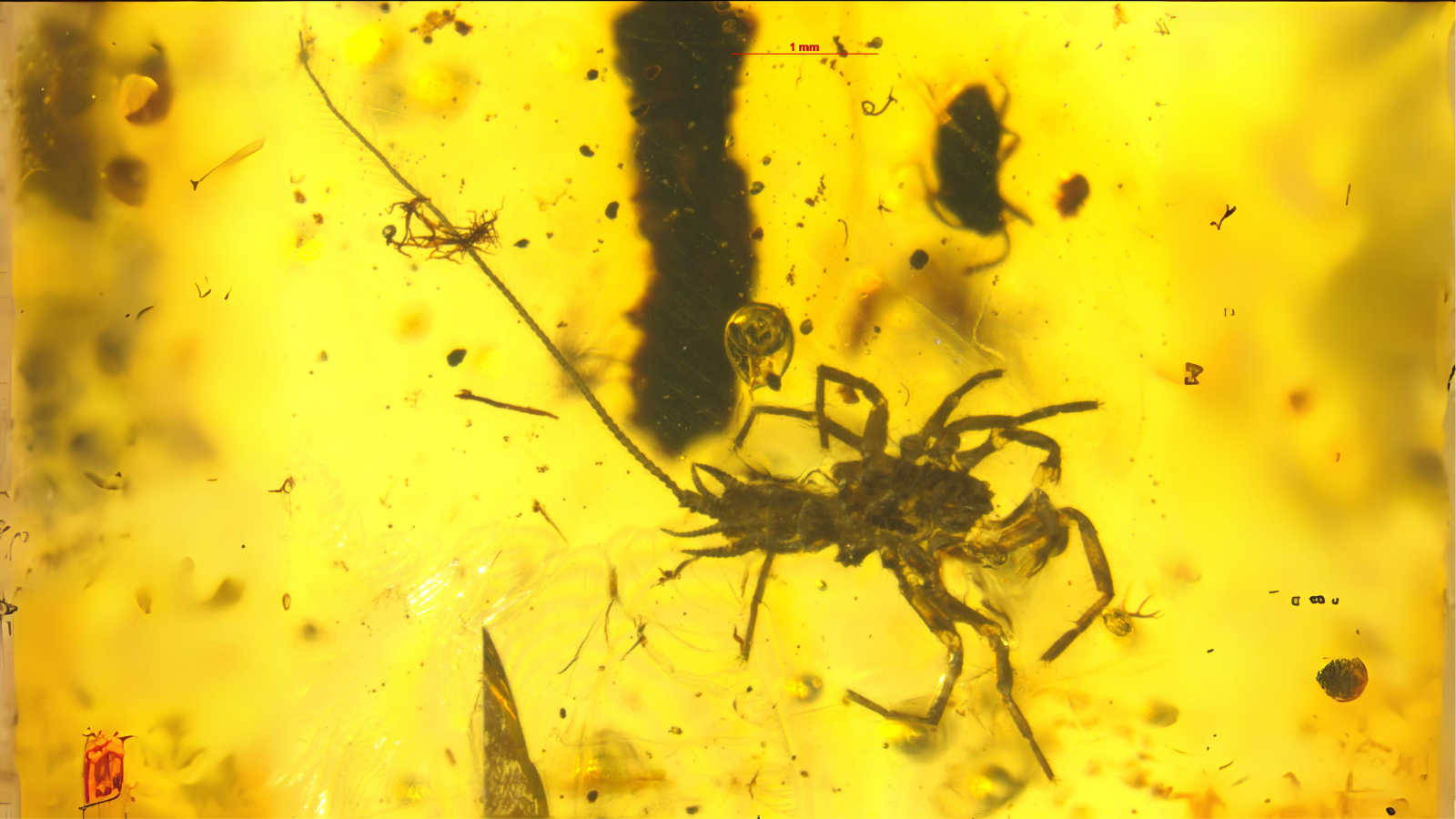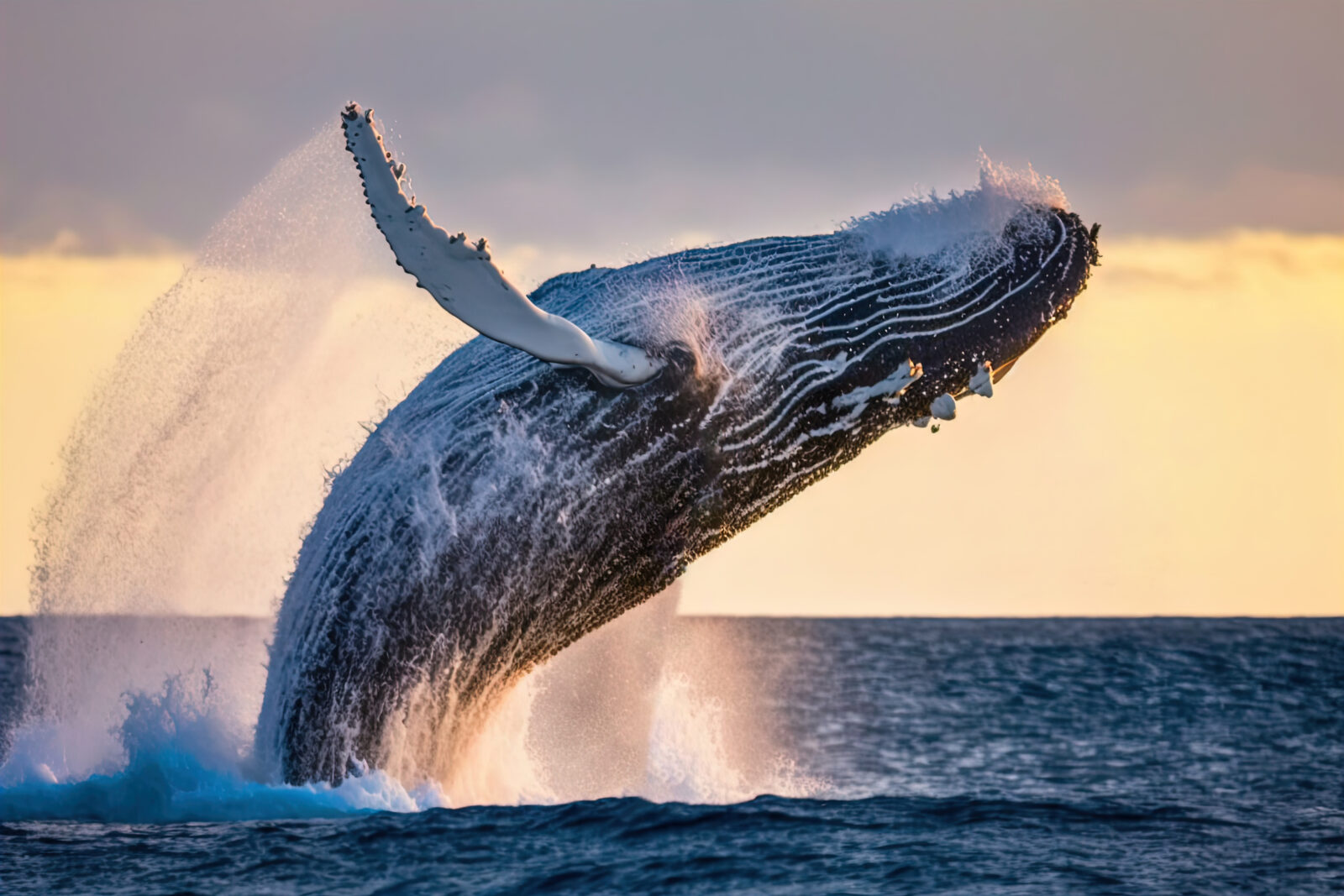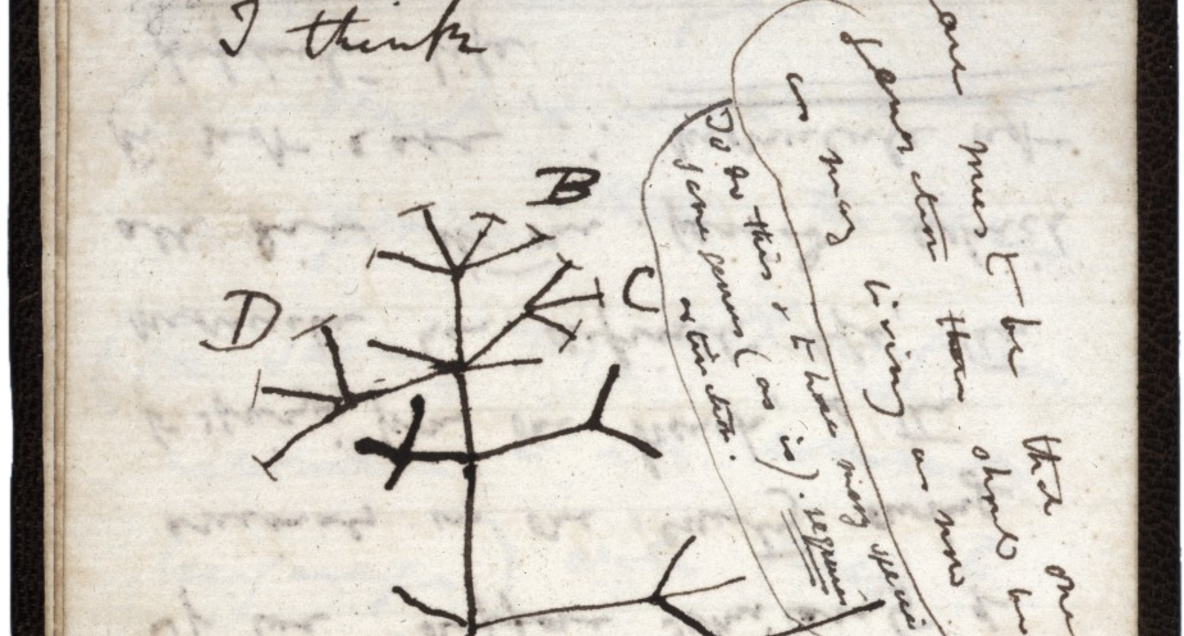


How Modern Science Strengthens the Claims of Theism

The Pentadactyl Whale Flipper: An Engineering Masterstroke

Casey Luskin: Biogeography Is No Friend of Common Descent
On this ID the Future, geologist Casey Luskin discusses biogeography and the problems it poses for the idea of universal common descent. To make it work, evolutionists have to propose, for instance, that old world monkeys rafted across the Atlantic from Africa to South America on a natural raft. Really? That’s some raft. And how did the monkeys not starve to death? Or die of thirst? They couldn’t drink salty ocean water, after all. And talk about a genetic bottleneck! That’s just one of several problems Luskin raises with the idea that all species gradually evolved from a universal common ancestor. In his conversation with host Emily Reeves, he also touches on the problem of convergence, as when two creatures that are, at best, only very distantly related, nevertheless share a major common feature, such as humans and octopuses both having camera eyes. But evolutionists acknowledge that the putative common ancestor of humans and octopuses didn’t even have eyes, meaning the evolutionists must hold to the view that this very specific marvel of optical engineering just happened to evolve twice. Luskin notes that this example of convergence is just one of countless such instances. In each case, evolutionists find ways to explain the problem away, but Luskin compares these ad hoc patches to the epicycles that Renaissance-era proponents of an Earth-centered model of the solar system kept introducing to explain away the growing body of astronomical evidence that ran contrary to their geocentric theory. When your theory gets messier and messier to account for new data, Luskin argues, maybe it’s time to step back from the theory and consider other possibilities. The alternative he favors: common design. The occasion for this conversation is Luskin’s chapter on biogeography and evolution in the recent anthology from Harvest House Publishers, The Comprehensive Guide to Science and Faith: Exploring the Ultimate Questions about Life and the Cosmos.

Casey Luskin Returns, Teases a New Book, Celebrates ID 3.0
On today’s ID the Future, Rob Crowther continues his conversation with Casey Luskin, the intelligent design proponent who previously worked for Discovery Institute’s Center for Science and Culture and has now returned. As Luskin explains, he left to pursue a PhD in geology at the University of Johannesburg in South Africa. The two discuss the wild conspiracy theories circulated by opponents of intelligent design when Luskin stepped away from Discovery Institute five years ago. Luskin also tells about an upcoming book he’s been working on with William Dembski, another intelligent design proponent who stepped away from day-to-day ID work and is now putting a foot back in the ID waters. Also on tap in today’s conversation, Luskin and Dembski’s upcoming appearance at the 2021 Dallas Conference on Science and Faith, and advances in the ID 3.0 research initiative, including some recent peer-reviewed papers.

Dependency Graph, Pt. 2: Winston Ewert Defends His Groundbreaking New ID Model
On this episode of ID the Future, Dr. Winston Ewert continues unpacking his new hypothesis challenging Darwin’s tree of life. Ewert is a software engineer, and his new model is inspired by the coder strategy of repurposing existing code, called modules, for different projects. Moreover, some of these modules depend on other modules, meaning you can generate a dependency graph to better understand the similarities and differences among software programs that share modules. Ewert argues that a dependency graph model better explains the pattern of similarities and differences in the history of life, better than a model of common descent by unguided evolution. As he also explains, the new model is testable in multiple ways.
Read More ›
Winston Ewert Unpacks his New ID Model, the Dependency Graph–Pt. 1
On this episode of ID the Future, guest host Robert J. Marks talks with Dr. Winston Ewert about Ewert’s groundbreaking new hypothesis challenging Darwin’s common descent tree of life. The new model is based on the well-established technique of repurposing software code in different software projects. Ewert, a senior researcher at Biologic and the Evolutionary Informatics Lab, describes the nested hierarchical pattern of life and how any credible theory of life’s origin and diversity must explain it. He then describes how Darwin’s basic theory fits, and doesn’t fit, the pattern, and the various ancillary mechanisms invoked to close the gaps. These patches include horizontal gene transfer, convergent evolution, and incomplete lineage sorting. Ewert then cues up what he argues is a better, more elegant hypothesis, the common design hypothesis laid out in his peer-reviewed technical paper available here.
Read More ›